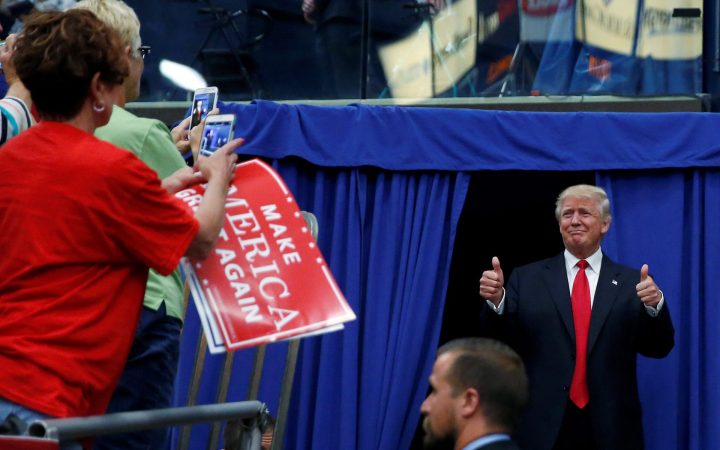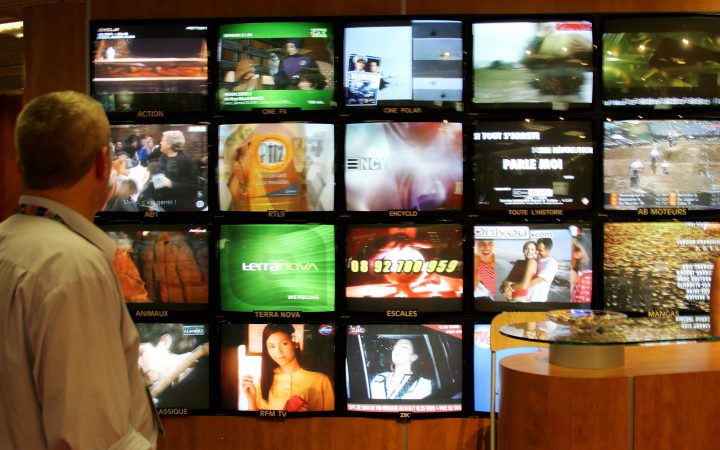The fall of 2017 was marked by an unprecedented wave of accusations of sexual misconduct. First there was the Weinstein affair, then the creation of #MeToo, quickly adapted in other countries to #MoiAussi, #BalanceTonPorc, #YoTambien, #Ana_kaman, etc. This movement of solidarity on social networks encouraged many women to publicly express the fact that they were victims of sexual harassment or rape, showing by this very fact the great number of people affected by this type of violence. In its wake, many had the courage to tell journalists about the abuses they had received from powerful and famous men. The tsunami arrived at our doors, taking with it Quebec celebrities including Éric Salvail and Gilbert Rozon.
1st Wave: The Weinstein Affair
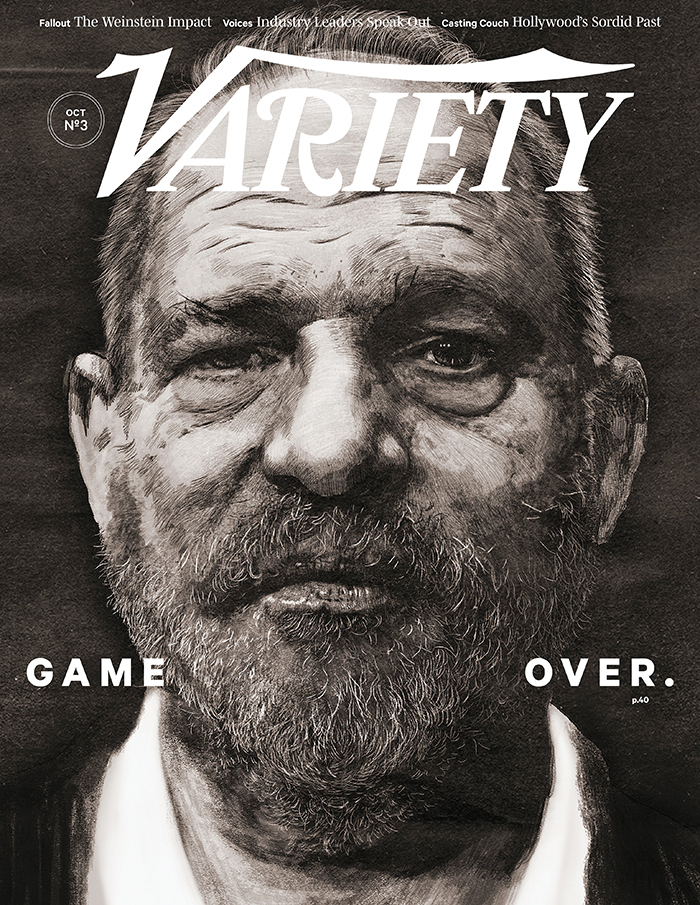
On October 5, 2017, the New York Times published an article revealing many sexual harassment allegations against Harvey Weinstein that had until then been secret. A few days later,
The New Yorker followed with a similar investigation, conducted over time, that said Weinstein had committed sexual assault. These articles set off a wave of accusations the following week, which not only inundated the American media, but spread to some extent to every part of the world.
What rapidly became known as the Weinstein Affair thus soared to 2nd place in our top 5 of Quebec news for the week of October 9-15, with an MPS of 3.33%. This first wave nevertheless left no hint of the tsunami to come.
2nd Wave: #MeToo
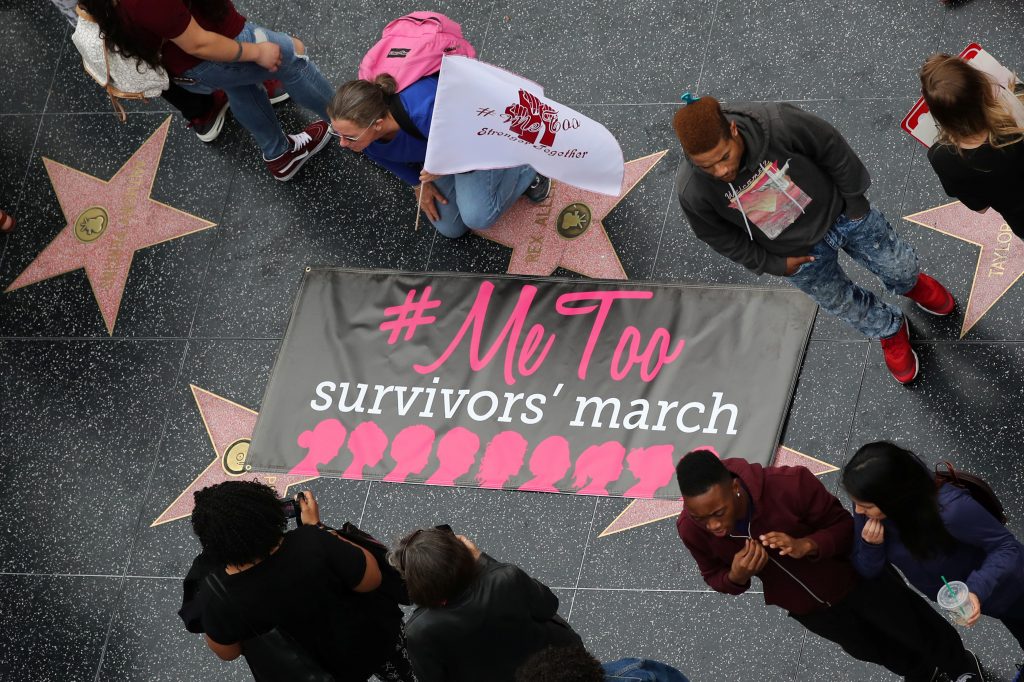
The expression “Me Too” was first used to make accusations of sexual assault in 2006, on the MySpace social network. It was launched by Tarana Burke. Actress Alyssa Milanno was the source of its re-emergence on October 15, 2017.
Its use hit a new peak the next day, with about 840,000 mentions of this term or its main variants on Twitter. This made it the number one search term used in Canada and the United States between October 15th and 24th.
3rd Wave: The Affairs Proliferate
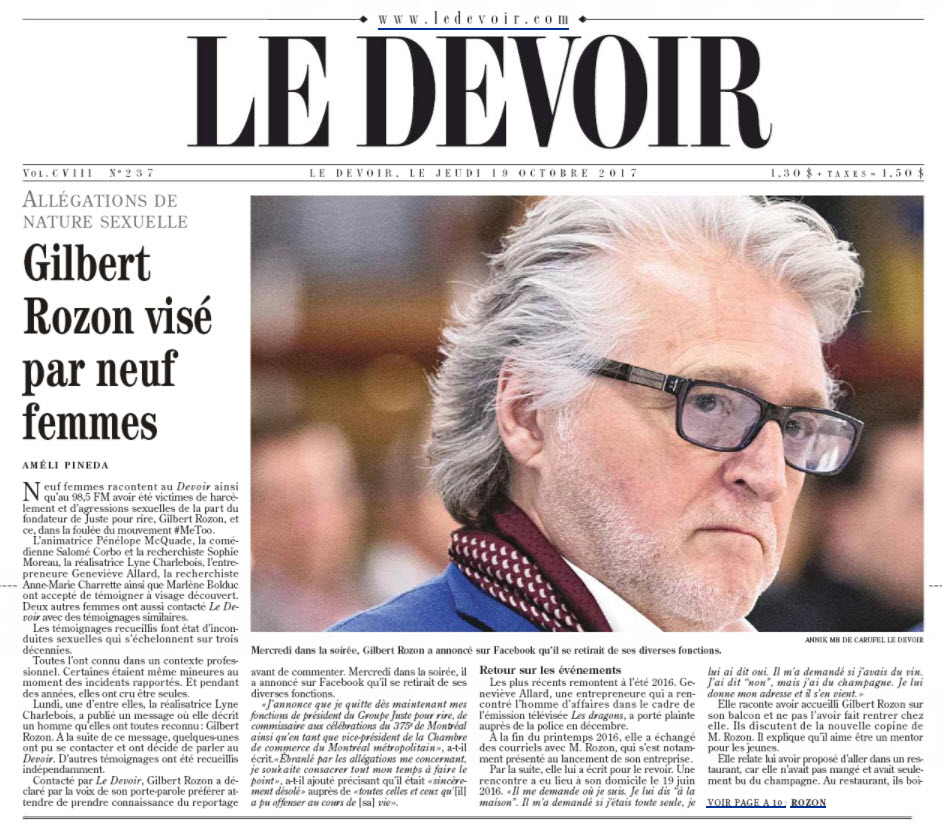
The third wave of the tsunami of accusations had the greatest media impact in Quebec. The province was hit by several high-profile accusations that had proportionally even greater media coverage than the Weinstein Affair.
It started with an article published in La Presse+ on October 18 alleging numerous cases of sexual harassment involving Éric Salvail. A few hours later, Gilbert Rozon was targeted by allegations of sexual harassment and sexual assault. Ten women, and several more since then, levelled accusations against the magnate of the cultural scene on the 98.5 radio station and in the pages of Le Devoir. The same day, Gilles Parent, FM93 radio personality, was also targeted by new revelations. The first week of accusations concluded on October 20, with fingers pointing at publisher Michel Brûlé. On October 26 it was the turn of Michel Venne, ex-journalist and founder of the Institut du Nouveau-Monde, to be the target of accusations of sexual assault on a minor.
These news stories created a tidal wave in Quebec media which took up 20.27% of the news coverage in the week of October 16-22, then 6.19% of the news coverage the following week (October 23-29). It was the 4th highly covered news story in Quebec in 2017, behind the municipal elections but ahead of Hurricane Irma. Also, the Rozon Affair received the 2nd highest media coverage of Quebec stories outside Quebec in 2017.
Note that a wave of similar accusations hit Kevin Spacey after October 30. Because of his great popularity as an actor, this affair became one of the most highly covered stories in the world in the wake of the #MeToo movement. It reached 4th position among our top 5 in Canada in the week of October 30-November 5, but was not one of the leading stories in Quebec.
The Silence Breakers
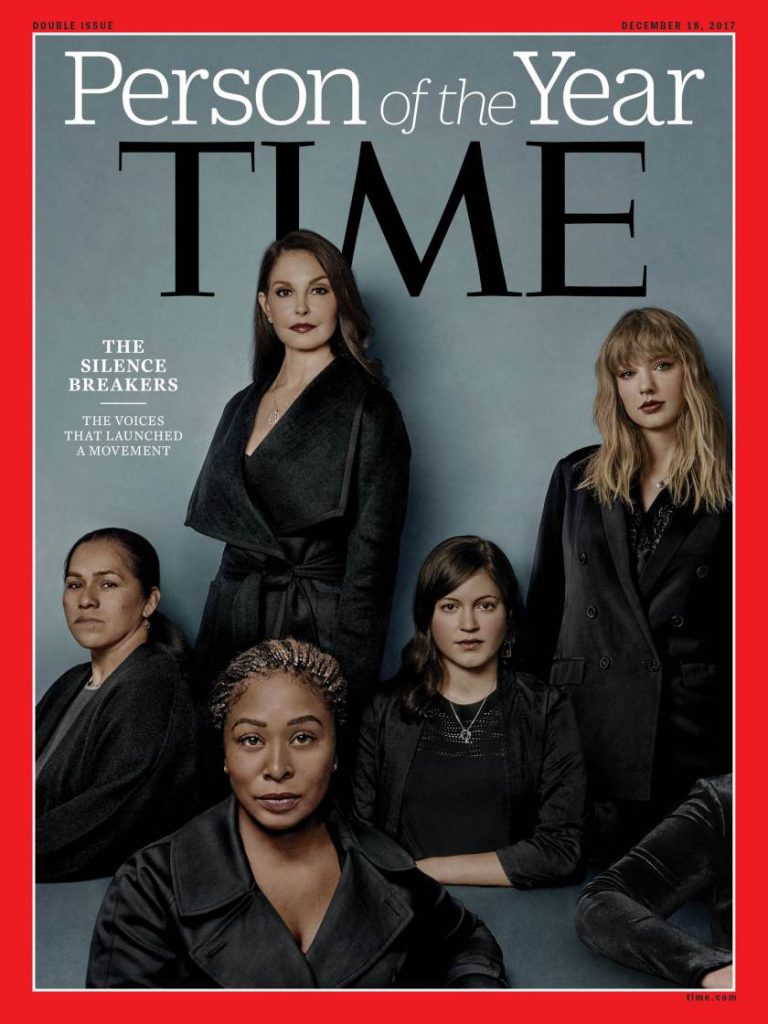
This tsunami of accusations reached such a peak that Time Magazine’s person of the year was The Silence Breakers. This news was re-tweeted more than 600,000 times on Twitter on the day of its announcement, December 6: a sign that interest in the subject is far from fading. Where will this tsunami go next? Will it continue through 2018?
